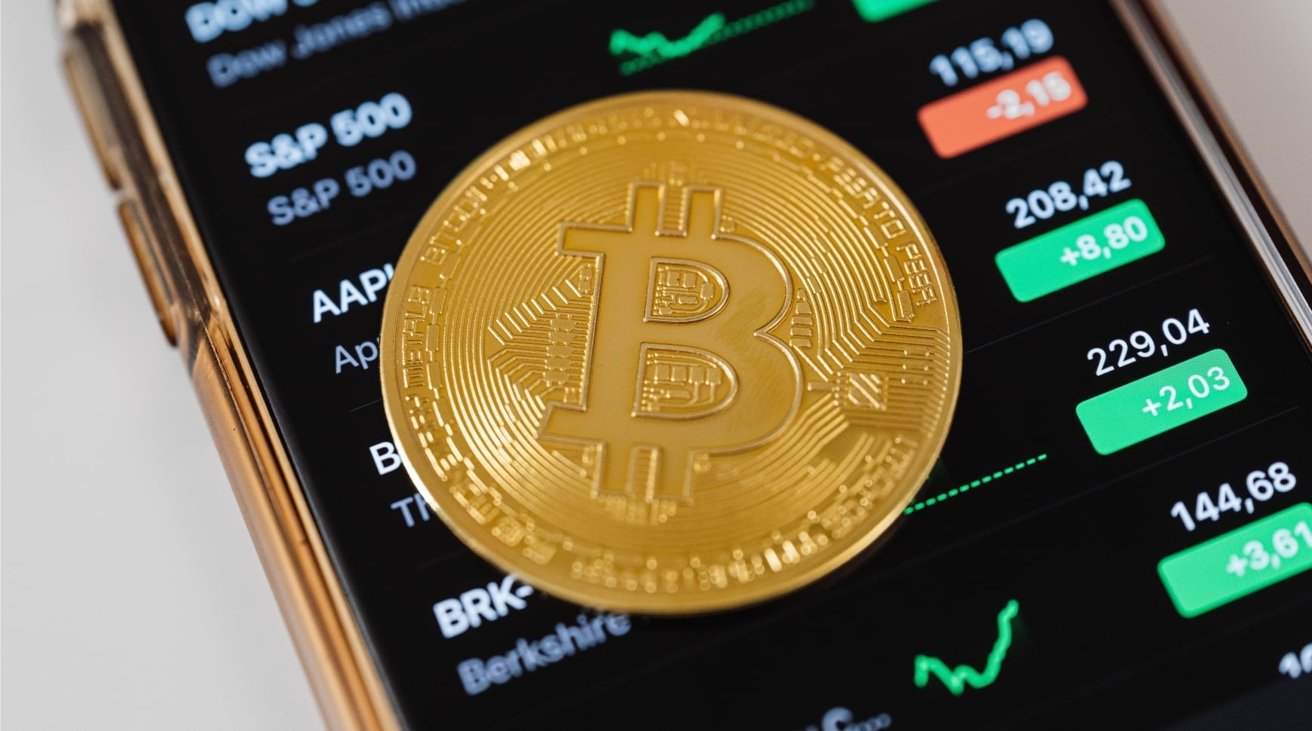Sweden has to pay convicted drug dealers 13 million kronor ($1.49 million) due to a prosecutor's mistake, as well as the dramatic rise in value of seized bitcoin in the two years it took authorities to sell the digital currency.
The seizure of assets acquired through criminal activity is a fairly common concept used throughout the world. With the existence of digital currencies like bitcoin, law enforcement agencies and lawmakers need to make changes to those processes to keep up, a lesson Sweden has painfully learned.
Three men were convicted of selling drugs online in April 2019, reports Sveriges Radio, which involved the seizure of 36 bitcoin generated from the sales. The men received sentences of between 4 years and over 6 years for their part in the sales.
When they were sentenced in May 2019, the debt to the state was listed in kronor, not bitcoin. Prosecutor Tove Kullberg converted the value of the bitcoin into kronor, which was valued at 1.3 million kronor ($149,000) at the time.
Almost two years later, the Enforcement Officer dealing with the cryptocurrency auctioned the bitcoin. The problem to the state is that the value of bitcoin had grown during that time, from approximately 40,000 kronor ($4,600) to roughly half a million kronor (around $50,000).
While the state could have sold the bitcoin at the time it was seized, with the proceeds matching the listed value in kronor, the delay meant that there was a considerable surplus of funds after the state took the value of seized kronor.
This is a problem that could have been avoided had the prosecutor used bitcoin as the currency for the seized assets. Now, Sweden has to return the unsold funds to the convicts, which is believed to be extremely embarrassing to the country.
Kullberg believes the prosecution was one of the first in Sweden that prosecutors had secured proceeds of a crime in cryptocurrency. She also admits her knowledge of bitcoin was lacking at the time, and that there wasn't any guidance to prosecutors on how to handle cryptocurrencies at all.
The incident highlights a need for governments and judicial systems to keep up with the developments of cryptocurrencies.
In the United States, the U.S. Treasury has started to take steps over the matter, such as tightening regulations to require transfers valued at $10,000 or more to be reported to the IRS. SEC chief Gary Gensler has also said he wants to protect cryptocurrency investors from fraud, and that investment law changes will be needed.
In China, the government banned financial institutions from conducting business involving cryptocurrency, as part of a May crackdown that prompted miners in the country to scale back their operations.
 Malcolm Owen
Malcolm Owen















 Christine McKee
Christine McKee


 William Gallagher
William Gallagher












6 Comments
Another case of Bitcoin being used by criminals - shocking!
This doesn't make sense - if they bitcoin were seized, they were the state's property, not the criminals' so any accrued value should also be the state's. Either way, perhaps they should just file a bunch of procedural motions until the value drops again, then they're good.
Ridiculous!